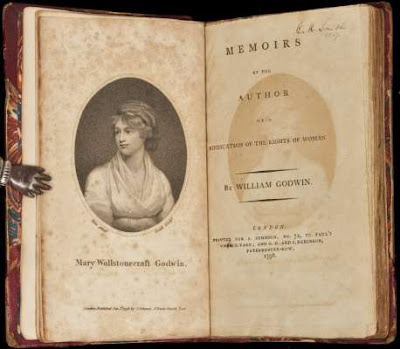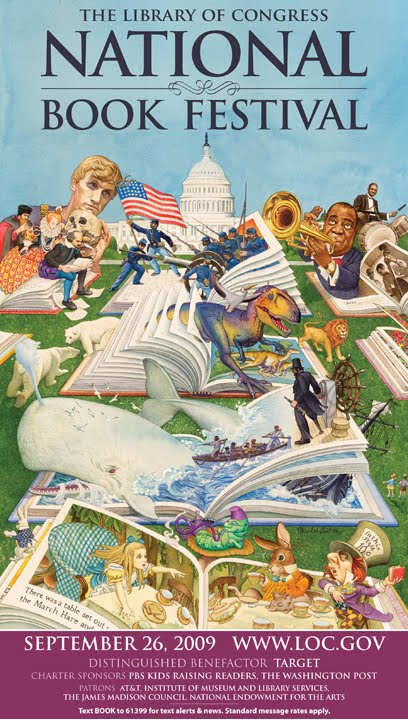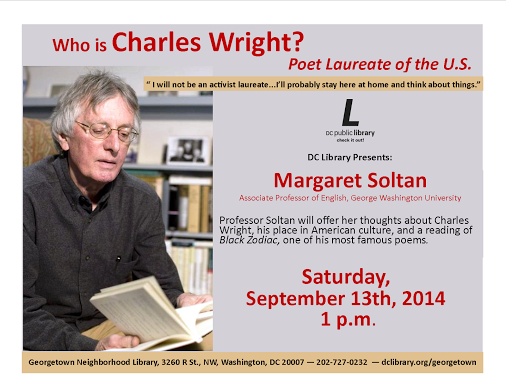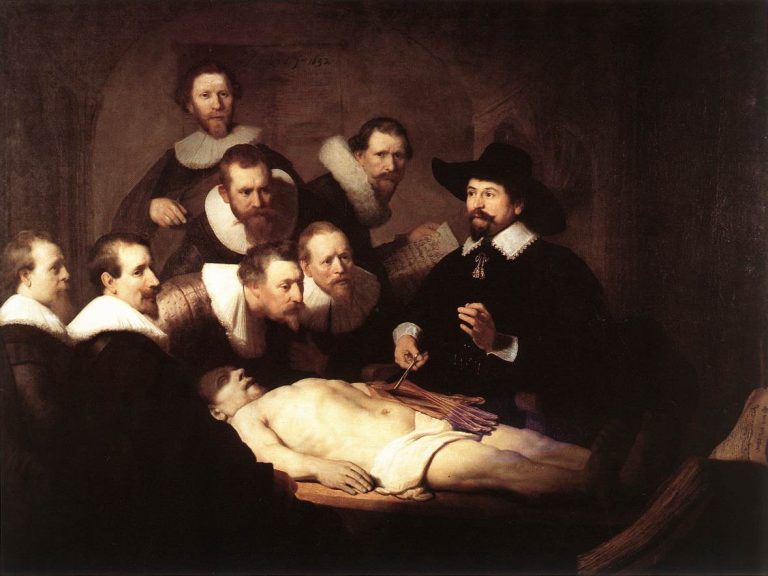Saturday, April 16th,
10AM-Noon
Rome Hall, 771
Professor Anne McCarthy’s presentation for the Washington Area Romanticists Group is entitled “How To Love What You Don’t Understand: Discontinuous Subjects in Godwin’s Memoirs and Wollstonecraft’s Short Residence.” Refreshments, as always, will be served. This event will be of particular interest to students interested in Women’s Studies, the Romantic Period, and British Literature. Mary Wollstonecraft is the mother of Mary Shelly, author of Frankenstein, as well as being one of the first and most enduring feminist figures of 18thCentury England.
 Professor McCarthy has taught Romantic and Victorian Literature, as well as Critical Theory, at Penn State since the fall of 2012. Her book project, “British Poetry, 1816-1855: The Sublime Aesthetics of Contingency” examines images of suspension—particularly suspended bodies—in the poetry and prose of the Romantic and early Victorian periods.
Professor McCarthy has taught Romantic and Victorian Literature, as well as Critical Theory, at Penn State since the fall of 2012. Her book project, “British Poetry, 1816-1855: The Sublime Aesthetics of Contingency” examines images of suspension—particularly suspended bodies—in the poetry and prose of the Romantic and early Victorian periods.
The abstract of her presentation is included below:
Dubbed “the most hurtful book” of 1798, William Godwin’s Memoirs of Mary Wollstonecraft is widely acknowledged to be an uncomfortable and sometimes excruciating attempt at hagiography. From the dissection of Wollstonecraft’s attachments to Henry Fuseli and Gilbert Imlay to the detailed account of her death, the Memoirs, for many readers, represents the pitfalls of Godwin’s (at best) naïve attachment to ideas of transparent sincerity that led him to disclose intimate information that was not his to share. Without excusing the very real problems with this deeply flawed biography, I argue that the Memoirs is better understood as a text that attempts to synthesize competing, and ultimately incompatible, notions of selfhood. Though Memoirs fails to present an authoritative version of “the author of A Vindication of the Rights of Woman,” I argue that it does record Godwin’s sincere, if sometimes misguided, attempt to come to terms with the fundamental, constitutive fragmentation of Wollstonecraft’s subjectivity. In the second half of the paper, I argue that Godwin’s approach to writing the life of the absent Wollstonecraft parallels her own experiment in intimate incomprehension: the Letters Written during a Short Residence in Sweden, Norway, and Denmark. Where Godwin must face the unthinkable death of Wollstonecraft, she, in the Letters, is working through the incomprehensibility of Gilbert Imlay’s coldness. The “you” addressed in her epistles is just as much a mysterious, moving target, as the “I” who writes. Thus, for all its quite evident flaws, the Memoirs hints at the possibility of contingent, non-unitary forms of subjectivity that Wollstonecraft herself had explored in Scandinavia. Thus, in the conclusion to this talk, I consider broader questions of the romantic subject in the age of the posthuman, guided by Jacques Khalip’s insight that “What the subject is remains a permanently suspended question for romanticism.”
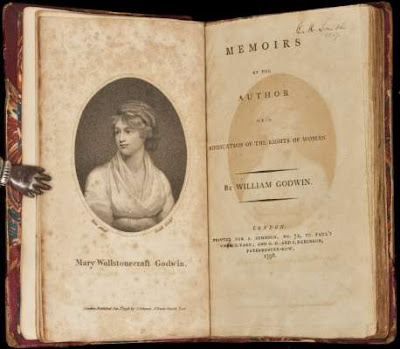
 Professor McCarthy has taught Romantic and Victorian Literature, as well as Critical Theory, at Penn State since the fall of 2012. Her book project, “British Poetry, 1816-1855: The Sublime Aesthetics of Contingency” examines images of suspension—particularly suspended bodies—in the poetry and prose of the Romantic and early Victorian periods.
Professor McCarthy has taught Romantic and Victorian Literature, as well as Critical Theory, at Penn State since the fall of 2012. Her book project, “British Poetry, 1816-1855: The Sublime Aesthetics of Contingency” examines images of suspension—particularly suspended bodies—in the poetry and prose of the Romantic and early Victorian periods. 
